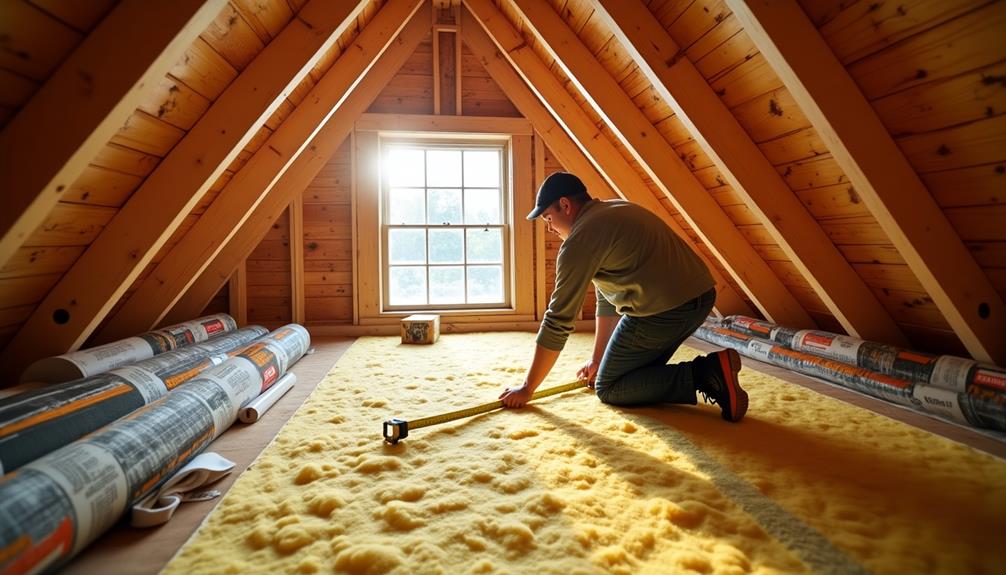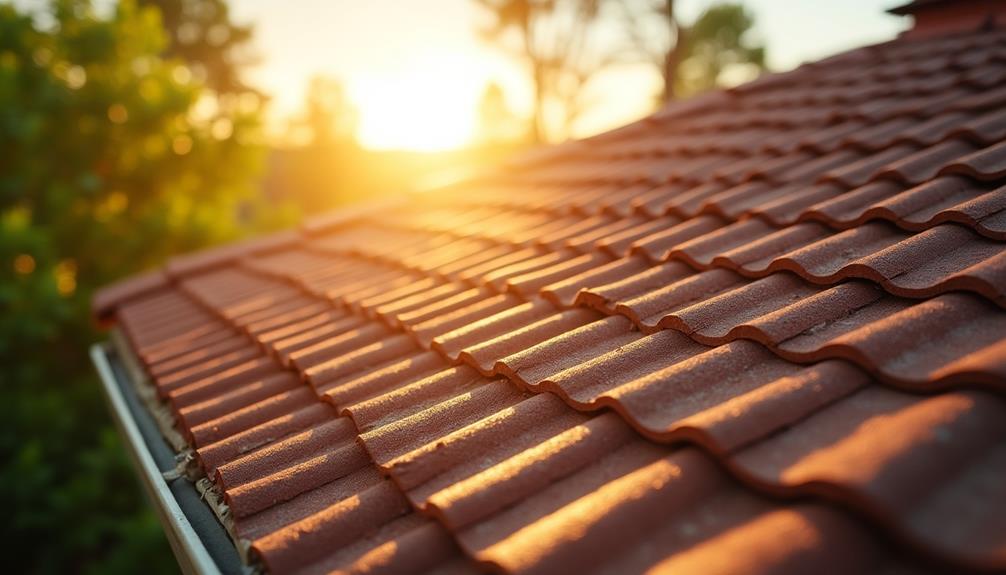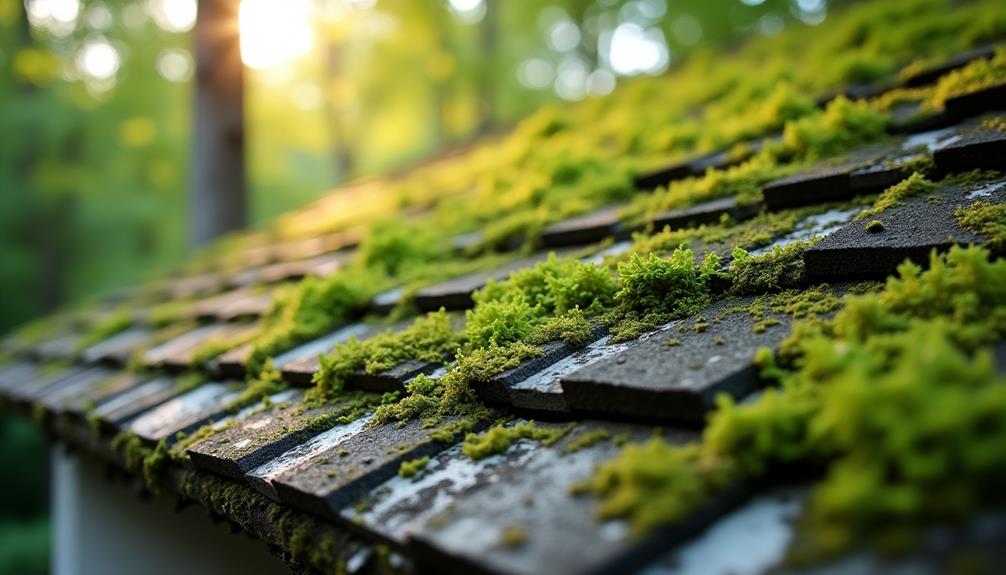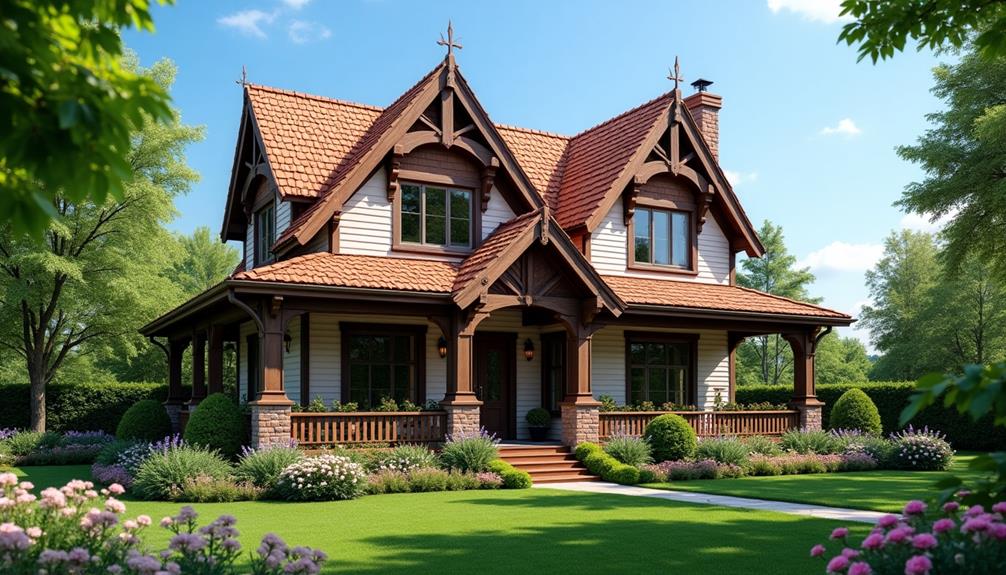You might have heard that tankless water heaters are the ultimate solution for endless hot water, but is that really the whole story? While they certainly offer benefits like energy efficiency and space savings, there are also significant drawbacks to consider, such as higher upfront costs and installation challenges. If you're weighing whether to make the switch, you'll want to understand both sides of the equation to make an informed decision that suits your needs. Let's explore what you should know before committing to this option.
Overview of Tankless Water Heaters
Tankless water heaters, often called on-demand water heaters, have gained popularity for their efficiency and space-saving design. Unlike traditional tank systems, they heat water directly as it flows through the unit. This means you get a continuous supply of hot water without the need for a bulky storage tank.
If you're considering installation, you'll find that the process is typically straightforward, especially if you already have a conventional system in place.
First, you'll need to choose the right size based on your household's water flow needs. Next, you'll want to ensure your existing plumbing and electrical systems can handle the new unit. Hiring a professional can simplify the installation process, as they'll know the local codes and requirements.
Once installed, you'll enjoy hot water on demand, which is perfect for busy households or those who enjoy long showers. You won't have to wait for a tank to refill, allowing for greater flexibility in your daily routines.
This modern solution not only saves space but also can lead to lower energy costs in the long run.
Advantages of Tankless Systems
Tankless water heaters offer you an endless supply of hot water, so you'll never have to worry about running out during a shower.
Their compact design also saves valuable space in your home, making them a smart choice for smaller areas.
Let's explore these advantages in more detail.
Endless Hot Water Supply
Imagine never running out of hot water during a shower or while washing dishes. With a tankless water heater, you get an endless supply of hot water on demand.
Unlike traditional systems that store and heat water in a tank, tankless heaters heat water directly as you need it. This means you can take long showers or run multiple appliances simultaneously without worrying about depleting your hot water supply.
Temperature control is another significant advantage. You can adjust the settings to your comfort level, ensuring consistent warmth throughout your usage.
The advanced technology in tankless systems allows for precise temperature regulation, giving you the hot water you want, when you want it.
The installation process may be a bit more complex than traditional water heaters, especially if you need to upgrade your gas line or electrical system.
However, once installed, you'll find that the benefits far outweigh the initial challenges.
With a tankless heater, you'll enjoy the convenience of endless hot water, making daily tasks easier and more enjoyable.
Embrace the freedom of always having hot water at your fingertips with this modern solution.
Space-Saving Design Benefits
One of the standout features of tankless water heaters is their compact size, which can save you valuable space in your home. Unlike traditional water heaters that take up significant floor space with bulky tanks, tankless systems can be mounted on walls or installed in smaller areas.
This design flexibility allows you to reclaim space in utility rooms, basements, or even closets. When considering installation requirements, you'll find that tankless models often need less room for setup, which means fewer plumbing modifications may be necessary.
For instance, you mightn't need to adjust your home's layout extensively to accommodate a tankless unit. This is especially beneficial for smaller homes or apartments where every square foot counts.
Additionally, the reduced footprint of tankless systems can open up opportunities for better storage solutions or even aesthetic enhancements in your space. You can easily integrate them into your home's design without sacrificing style or functionality.
Energy Efficiency and Savings
When considering energy efficiency, tankless water heaters stand out for their ability to heat water on demand, eliminating the energy loss associated with traditional storage units.
Unlike conventional heaters that continuously maintain hot water, tankless systems only activate when you turn on the tap, significantly reducing energy consumption. This on-demand feature can lead to noticeable savings on your utility bills.
In a cost analysis, you'll likely find that the initial investment for a tankless unit is higher than that of a traditional heater.
However, the long-term savings often outweigh these upfront costs. Many homeowners report a reduction in energy bills ranging from 10% to 50%, depending on usage patterns and local energy rates.
Additionally, since tankless systems have a longer lifespan—up to 20 years compared to 10-15 years for traditional heaters—you'll save on replacement costs over time.
Space-Saving Benefits
Because tankless water heaters are compact and mounted on walls, they free up valuable floor space in your home. This design allows you to maximize the area available for storage or other uses, making it a great option for smaller spaces like apartments or utility rooms.
When you choose a tankless system, you won't just enjoy the space-saving benefits; you'll also simplify the installation requirements. Most models can be installed in tight spaces, which means you won't need to reconfigure your entire plumbing layout. However, some plumbing modifications may be necessary to accommodate the new unit, especially if you're replacing a traditional tank heater.
Keep in mind that the flexibility in placement can also enhance your home's aesthetic appeal. You can install the heater closer to where you need hot water, reducing the wait time for hot water to reach your tap.
Initial Cost Considerations
Before investing in a tankless water heater, it's important to consider the initial costs involved. While these units can save you money over time with their energy efficiency, the upfront expenses can be higher than traditional water heaters. You'll need to account for both the cost of the unit itself and installation expenses, which can vary based on your home's plumbing and electrical systems.
If you're not prepared for these costs, it might be a good idea to explore financing options. Many retailers and manufacturers offer payment plans, allowing you to spread the initial investment over several months or years. This can make the transition to a tankless system more manageable for your budget.
Keep in mind that while the installation expenses can be significant, some homeowners find the benefits, like endless hot water and lower energy bills, worth the investment.
Additionally, some regions provide rebates or incentives for switching to energy-efficient systems, which could help offset costs. Always do your research and get quotes from multiple contractors to ensure you're making an informed decision.
Planning for these initial costs can help you enjoy the long-term benefits of a tankless water heater.
Maintenance and Longevity
When considering a tankless water heater, you'll want to think about its maintenance needs and how long it lasts compared to traditional models.
Regular upkeep is essential to keep it running efficiently, and you might be surprised by its lifespan advantages.
Understanding these factors can help you make an informed decision for your home.
Routine Maintenance Requirements
To keep your tankless water heater running efficiently, regular maintenance is essential. You should start by performing filter cleaning every six months. Dust and debris accumulate in the filter, impacting the unit's performance and efficiency. A clean filter ensures optimal water flow and prevents unnecessary wear and tear.
Another key aspect of maintenance is addressing mineral buildup. If you live in an area with hard water, minerals like calcium and magnesium can accumulate in the heat exchanger. This buildup can significantly reduce the heater's efficiency and lifespan. To combat this, flush the system annually using a descaling solution. This process removes the mineral deposits and restores your heater's efficiency.
Don't forget to check the temperature settings as well. Keeping your water temperature at 120°F not only saves energy but also minimizes the risk of scalding and reduces mineral buildup.
Lastly, always refer to the manufacturer's guidelines for specific maintenance suggestions tailored to your unit.
With proper care, your tankless water heater will provide you with years of reliable service. By incorporating these routine maintenance tasks, you'll ensure your investment continues to perform at its best.
Lifespan Comparison With Traditional
Tankless water heaters often outshine traditional tank models in terms of lifespan and maintenance needs. Typically, tankless units can last up to 20 years, while traditional tanks usually only last around 10 to 15 years. This extended lifespan means you won't have to replace your water heater as frequently, saving you money in the long run.
However, keep in mind that tankless models can come with installation challenges. They often require more complex setups, which may lead to higher initial costs.
But once installed, these units generally need less maintenance, provided you flush them regularly to prevent mineral buildup.
When it comes to warranty differences, tankless water heaters often offer longer warranties, reflecting their durability. Many manufacturers provide warranties of 10 to 15 years, compared to the 5 to 10 years typically offered for traditional units.
This can give you additional peace of mind, knowing that your investment is protected for a longer period.
Limitations and Drawbacks
While tankless water heaters offer numerous advantages, they also come with some limitations and drawbacks that you should consider.
One major issue is the installation challenges. Switching from a traditional tank heater to a tankless system often requires significant modifications to your plumbing and electrical systems, which can lead to higher upfront costs. You might need to upgrade your gas lines or electrical panel to meet the new unit's demands, making the process more complex than you initially anticipated.
Another drawback is the dependency on water pressure. Tankless water heaters operate best when your home has a strong water pressure. If your water pressure is low, you may not enjoy the instant hot water benefits you expect.
This could lead to frustrating situations, especially during peak usage times when multiple outlets are drawing water simultaneously.







